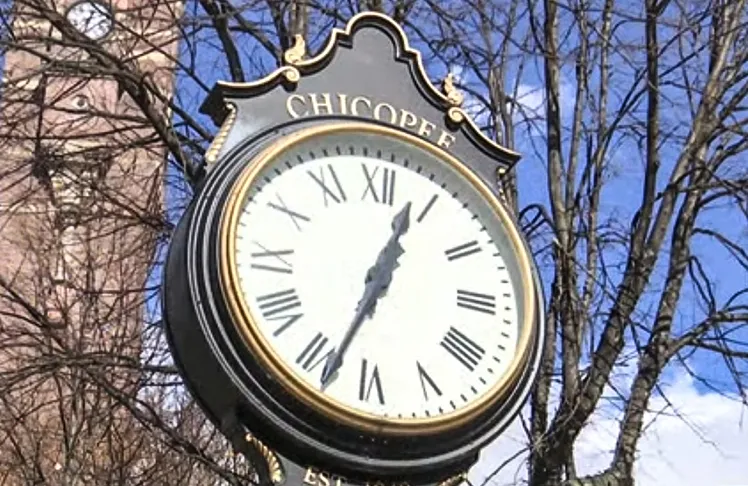
As Election Day approaches, don’t forget to adjust your clocks this weekend! Daylight saving time officially concludes at 2 a.m. on Sunday, November 3, meaning Oregonians will need to turn their clocks back one hour when they wake up that morning.
For those who dread the idea of leaving work only to find darkness has already fallen, this time change marks the beginning of the less favorable season. Portland experienced its last sunset after 6 p.m. on Tuesday, and with Sunday’s adjustment, the final sunset after 5 p.m. will occur just a few days later, also on November 3. From then on, sunsets in Portland will take place in the 4 p.m. hour until January 20, 2025, while sunrises will now occur around 6 a.m.
The transition to standard time means that Portland bids farewell to evening sunlight until the days begin to lengthen after the winter solstice on December 21, although noticeable changes may take several weeks. Daylight saving time will resume when clocks spring forward one hour on March 9, 2025.
In recent years, there have been discussions about eliminating the time change in Oregon, but efforts have not come to fruition. One proposed solution requires federal approval, and there has been difficulty in reaching consensus among Washington, Oregon, and California on the matter.
While daylight saving time is observed during the summer months, states have the option to remain on standard time throughout the summer. However, maintaining daylight saving time during the winter requires federal permission.
Currently, only Arizona and Hawaii observe standard time year-round, with all other states participating in the time change. Many states have passed bills or resolutions to adopt permanent daylight saving time, but these cannot be implemented without changes to federal law.
In recent years, various federal lawmakers from Oregon and other states have introduced legislation aimed at establishing year-round daylight saving time or granting states the authority to decide for themselves. Unfortunately, none of these initiatives have been successful.
In 2019, Oregon and Washington passed bills aimed at switching to permanent daylight saving time, contingent on California joining the effort to lobby for a federal law change. However, the movement ultimately stalled in the California legislature.
Earlier this year, the Oregon Senate advanced a bill to make Oregon an all-standard time state, but it did not progress in the state House. Even if it had passed, the bill included a trigger clause that would only activate if Washington and California also opted for year-round standard time.















